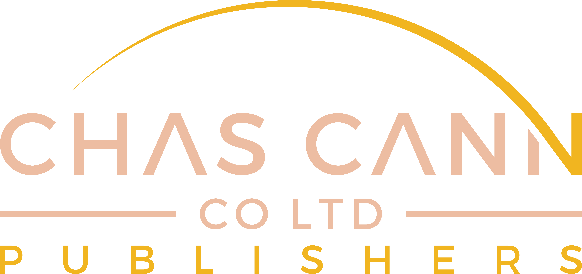PROS AND CONS OF TRADITIONAL VS. SELF-PUBLISHING

What are the pros and cons of traditional vs. self-publishing? Do you take the traditional book publishing route or do you publish the book yourself?
In fact, the choice doesn’t have to be so stark. There are many writers out there known as hybrid authors, who do both. They have books with well-known publishing houses and have also chosen to self-publish.
So what’s the best avenue for you to pursue? We’ll take a look at some of the advantages and disadvantages right here, right now! It boils down to what matters most to you!
Traditional Publishing
Traditional publishing involves submitting your manuscript to agents who then attempt to find a publishing company to take on your work. This route may be your preferred option if:
You are solely focused on writing and creating new books. In that case, you might want to hand all the responsibilities like editing and marketing to the publishing house you sign up to. They have a large team behind them who will publish and promote your book.
You want no upfront costs at all! In fact, you will receive an advance, which means you’ll benefit from a guaranteed sum before the book is published. This, of course, will be clawed back from the sales of your book. Once this has been repaid, the royalty agreed is yours. Royalty rates are low and range from 7% to 25% depending on who the author is. Royalty cheques are issued about every 6 months depending on the publishing house.
Prestige and kudos are important to you. For some authors, they need validation that their work is good enough and a mainstream publisher would answer that need. Literary awards, too, are more likely to be achieved through a traditional publisher because many prizes are not even open to independent authors. Some writers reckon they’ve ‘arrived’ once they obtain a publishing deal from a large publishing house.
You’re happy to wait a long time, possibly years, for your book to be published. There is a long laborious process to go through in order to get your book published involving literary agents, signing contracts and negotiating advances. That’s if you haven’t received a large number of rejection letters in the meantime.
You don’t mind signing away the rights to your book. Once a contract is signed, a publisher may have the rights to your book until the day you die and 70 years after that. Now that’s a long time! When it comes to signing contracts, ensure you get all the help you can to avoid costly pitfalls.

Self-Publishing
Self-publishing is a much more ‘hands-on’ process where the author is responsible for every step of the publishing and, indeed, marketing process. That does not necessarily mean that the author has to do everything his or herself because these days much of the work like designing book covers, formatting and editing can be outsourced to professionals all around the world.
This may appeal to you if:
You like the idea of having full creative control from day one. With this comes the responsibility of learning how to self-publish, creating book covers, formatting your manuscript, finding editors and marketing your book among many other tasks. Mainstream publishers have the final say on your book whether you like what they do or not.
You want your manuscript uploaded in the shortest possible time. You can load your book on to Amazon’s platform, for example, and it’ll be ready for readers to buy within 72 hours. It’s very quick.
Sign up to receive Graham's latest blogs
Thank you!
You have successfully joined Graham's subscriber list.
You want to earn more money from the sales of your books. Royalty rates are generally much higher with 70% being at the top end for specifically priced e-books. The wait for payment to your bank account is around 2 months. If you sell e-books direct from your website, then payment is immediate.
You want to change tack half way through a project. You can stop writing a book and start another one and then go back to the original one later on if you wish. The key word here when it comes to self-publishing, is flexibility. If you are daunted by deadlines that are imposed by traditional publishers and the pressure that goes with that, then maybe you are better suited to self-publishing. What you don’t want to do is to have to repay the advance from a traditional publisher if you decide it’s not for you.
You want to own all the rights to your books.
Facebook
Twitter
LinkedIn
Graham Cann is a #1 best-selling author and CEO of Chas Cann Publishers
Affiliate Disclosure
I earn a small commission on some product links on my blog pages at no extra cost to you. I only recommend products I use now, have used in the past or would use if there was a personal need. The extra pennies help with the coffee fund.


Good to know!
Thanks.